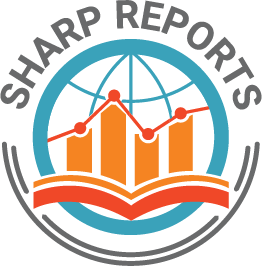The move will allow Kawasaki to meet growing hydraulic equipment demands from local construction machinery manufacturers in India.
Japan’s Kawasaki Heavy Industries, Ltd. has recently inaugurated its new plant In Bengaluru that will manufacture, sell, and offer after-sales services for hydraulic equipment specifically made for the construction industry of India.
Called the Wipro Kawasaki Precision Machinery Pvt. Ltd., the new facility will fulfill Kawasaki’s commitment towards meeting the growing demand for hydraulic equipment used by local construction machinery manufacturers and will further generate new demands.
Sources cite that Kawasaki, after speculating a growing demand for hydraulic excavators in India, decided to commence construction of its new facility in Bengaluru, in addition to an existing plant in the same city.
According to a press release, Kawasaki claims that the added floor space offered by the new plant will double its total working area to 6,000 m2 while production capacity, compared to its 2018 trends, will double to 40,000 units/year. Moreover, the increased production capacity will enable the company to respond to its customers’ varying production volumes more efficiently.
Reports claim that the overall demand for construction equipment in India, despite minute short-term variability, has been on the rise owing to growing investment in local infrastructures, such as railway networks, highways and ports.
Market reports suggest that the hydraulic excavator market, in terms of medium- to long-term growth, is expected to reach an annual demand of 40,000 to 50,000 units in fiscal 2025. Furthermore, India is anticipated to follow similar pathways as China to achieve rapid growth in infrastructure investments.
In order to fulfill these growing demands, Kawasaki aims to enhance its efforts worldwide in developing and delivering high-performance, high-quality products and offering full after-sales services for the booming hydraulic equipment sector.
For the record, Kawasaki has been strengthening its operational infrastructure that encompasses six regions including the U.K., Japan, the U.S., China, Korea and India the main focus of the current bolstering production capabilities.


